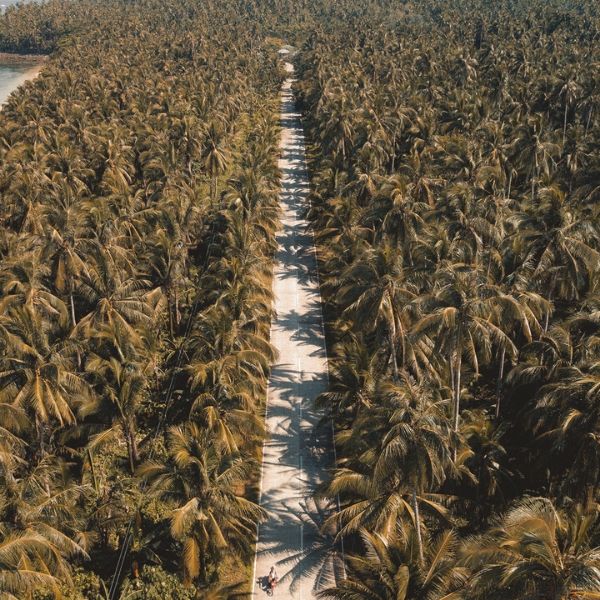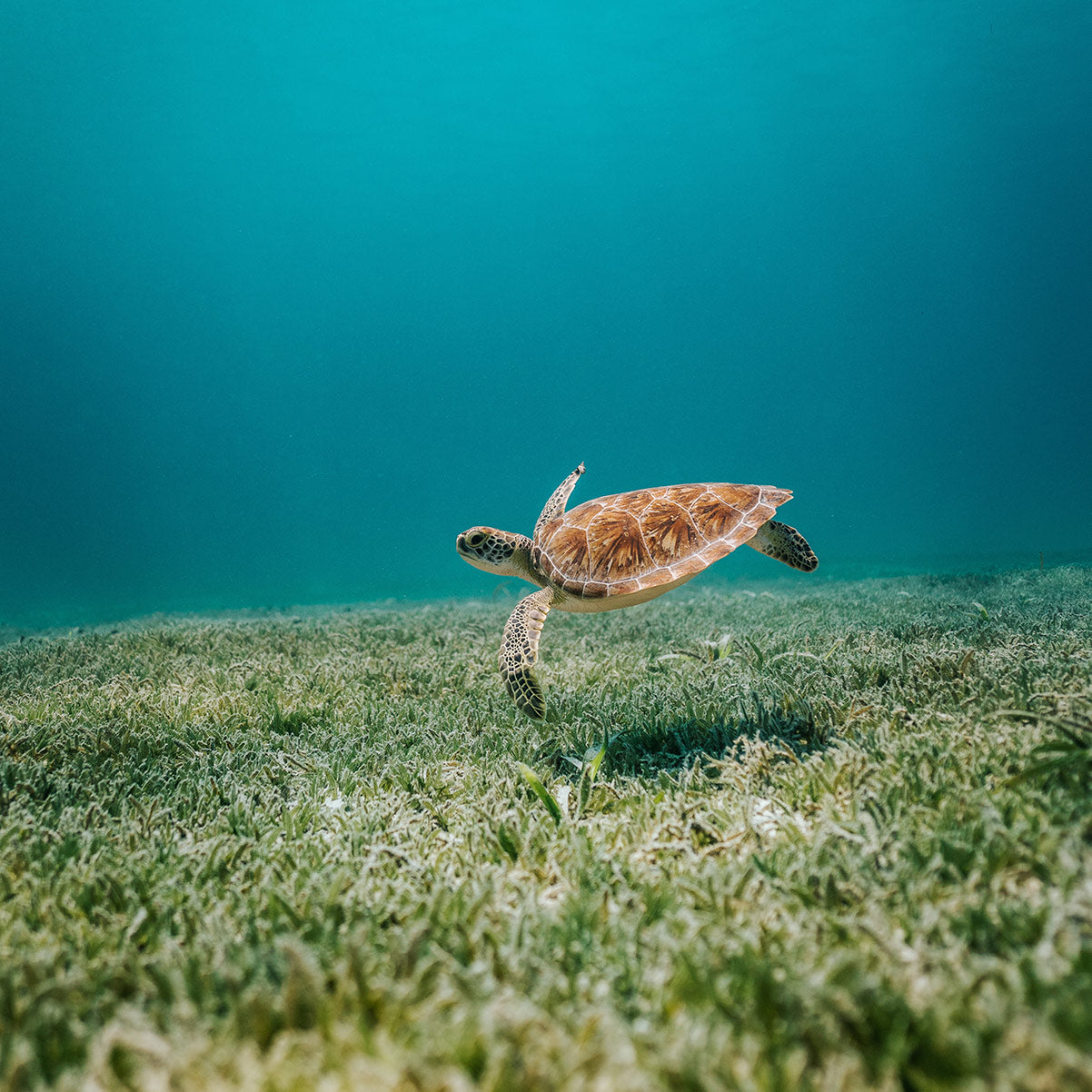Remember that groundbreaking news last year that the UK along with the rest of Europe would ban disposable plastics this year? Well, what happened with that? Are single use plastics still banned in 2020? Or has the pandemic derailed efforts to fight the climate emergency? We decided to check out exactly what’s going on.
What is the single use plastic ban?
Across the EU member states and the UK, legislation was announced last year that would ban all single use plastics by 2021. The original announcement from the British government was that plastic straws, drinks stirrers and plastic-stemmed cotton buds would be banned by April 2020.
Steps behind this movement are heavily attributed to the ‘Attenborough Effect’ following the release of BBC’s Blue Planet II. The heart-wrenching documentary showed the catastrophic effects our current consumption of single-use plastics is having on aquatic life.
Attenborough’s insights prompted an uplift of 55% in consumers searching for ‘plastic recycling.’ In a report by the Global Web Index, over 50% of those 3,833 people surveyed in the UK and US said that they reduced the amount of single-use plastic in the year following the documentary. Meanwhile, 42% of UK and US consumers reported that sustainable products are important when it comes to their day-to-day purchases.

Are single use plastics still banned in 2020?
According to a statement made by Defra (the Department for Environment, Food & Rural Affairs), the ban is delayed until October 2020.
The statement from Defra is as follows:
“Given the huge challenges posed to businesses by coronavirus, we have confirmed we will delay the introduction of our ban on plastic straws, stirrers and cotton buds until October 2020.
We remain absolutely committed to turning the tide on the widespread use of single use plastics and the threat they pose to our natural environment. This ban is yet another measure to clamp down on unnecessary plastic so we can better protect our precious wildlife and leave our environment in a better state for future generations.”
How has the coronavirus crisis contributed to plastic waste?
As you know, the pandemic has resulted in the delay of the single-use plastic ban. But it’s also impacted the use of single-use plastics in other ways.
We’ve also seen instances of the 5p fee for plastic bags waived across Europe and states in the US. In some cases, eco-friendly, reusable bags have been banned from grocery shops and supermarkets. This stemmed from fears that totes and bags for life might harbour and spread the coronavirus.
Some major coffee shop chains suspended their reusable cup schemes to help prevent spread infection. Among those was Starbucks, briefly.
Meanwhile, restaurants and cafes have rushed to fulfil takeaway orders and provide delivery services. Whilst this is obviously great for keeping the food industry afloat, the downside is that takeaways contribute to yet more plastic waste. As consumers, we can do our bit by declining the disposal cutlery sets and single-use plastic straws many restaurants provide by default.
Beyond the single-use plastics, we dread to think of what will come of the additional plastic waste across households. Empty hand sanitiser bottles, toilet paper packaging, face mask packets.
What are the consequences of not banning plastic?
Unfortunately, this delay in banning single-use plastics could have a detrimental effect on the environment in the long run. The pollution caused by single-use plastics is one of the most (de) pressing issues for environmentalists and climate emergency activists.
If governments do not proceed with the ban on single-use plastic, we will see the following side effects.

An increase in plastic pollution
The more access we have to single-use plastics, the more plastic pollution we will create each year. At present, around 8 million tonnes of plastic is being deposited to our oceans - every year. We’re sure that you’ll have seen some of the heartbreaking stories about marine life ingesting, nesting in and becoming tangled in plastic products.
Most of this travels there through waterways, which means our rivers are also subject to contamination. At the same time, particles pollute the water and are absorbed by the fish that then end up on our plates.
Meanwhile, on dry land, winds sweep these products into rural areas where they cause even more disturbance within the local ecosystems. Developing nations are left to bear the brunt of discarded waste, where they don’t yet have widespread waste and recycling facilities.
A delay in the single-use plastic ban can only exacerbate the amount of plastic waste.
More demand for single-use plastic production
The other negative to delaying the single-use plastics ban is that more and more single-use plastics will be manufactured.
It’s scary to think that half of the total number of plastic products ever made were produced in the past 15 years alone. Production of plastics increased from 2.3 million tonnes in 1950 to 448 million tonnes in 2015. Even worse, at the current rate, manufacturing of consumer products is anticipated to double by 2050 - by which point, we will have more plastic than fish in the oceans.
The production of plastics (especially polypropylene) contributes to an increase in greenhouse gases. On the other side, plastic is often incinerated once discarded - which further impacts the production of these damaging gases which are one of the major contributors of climate change.
What does the future hold for the climate crisis?
It’s hard to predict what will happen in October. We’re hopeful that both the UK and EU will go ahead with the ban. The findings from the Global Web Index report certainly indicate that a majority of us want to see more efforts to prevent the climate emergency.
For us, we are equally committed to preventing the spread of COVID-19 as we are to tackling the climate crises. We just hope that the fight against the coronavirus doesn’t cripple all the work that has been done against plastic pollution.
If you’re concerned about the impact of the pandemic on your own efforts to lead a sustainable lifestyle, check out our blog where we regularly publish tips on how to reduce your waste.













Leave a comment (all fields required)